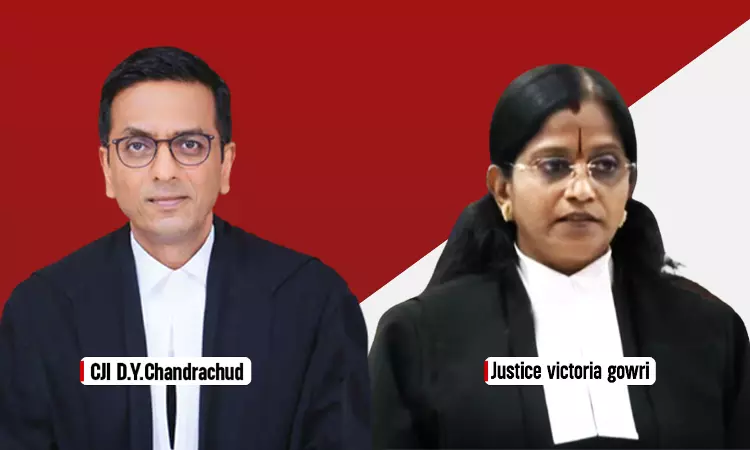During a recent conversation at Harvard Law School, Chief Justice DY Chandrachud responded to a question about the appointment of Justice Victoria Gowri to the Madras High Court, which became controversial as she was facing accusations of making hate speeches against religious minorities. The audience member raised concerns about the collegium not withdrawing the recommendation...

